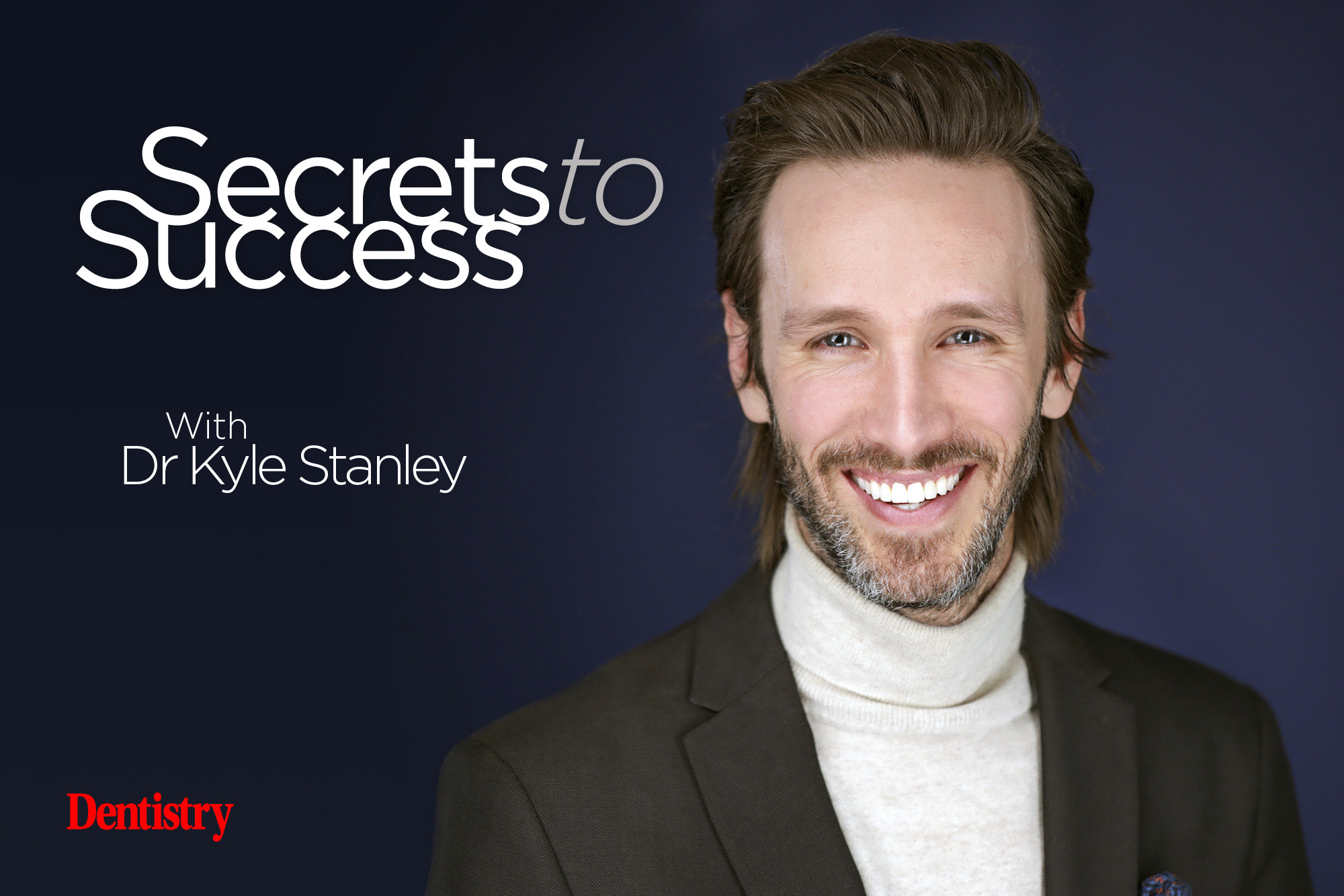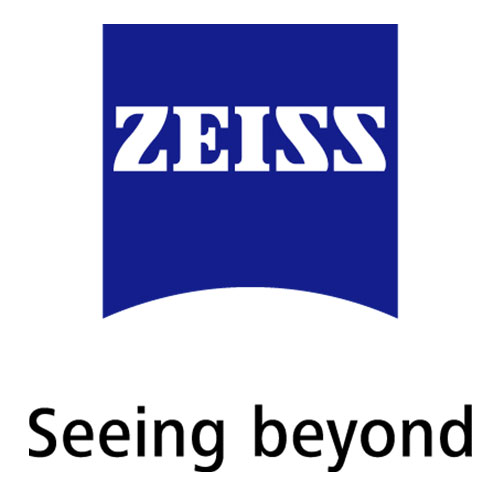This week, Jana Denzel speaks to Kyle Stanley about his life in dentistry and why he is now an advocate for mental health in the profession.
Dr Kyle Stanley is a dentist from Beverly Hills, USA. He is known for his work in the field of aesthetics, dental implants, smile design, and dental artificial intelligence.
He is also the co-founder of Pearl and a key opinion leader for DSD (Digital Smile Design) working closely with Dr Christian Coachman on lip manipulation and the future of dentistry.
Dr Stanley is also an international lecturer who helps dental professionals overcome stress and burnout to live a more successful and balanced life. He was named as ‘The Next Generation of Cosmetic Dentistry’ by the American Academy of Cosmetic Dentistry in 2015 and ‘The Top Young Educators in Dentistry’ by the Seattle Study Club.
Please give us your background and how you got into dentistry.
Kyle Stanley: I grew up in southern California and my dad was a dentist. I was always very interested in surgery in general.
When I was in college I was an oral surgery assistant and I really enjoyed it. Thus I went into dental school thinking I would pursue oral surgery. There I met Dr Pascal Magne, who inspired me to explore aesthetic dentistry as well.
After I went to Brazil and did my implant specialty and residency, I used my training with Pascal Magne to implement aesthetic dentistry into my implant work.
Now I practice in Beverly Hills, California, and focus on low volume, high-end dentistry.
We use the best materials, best treatments without letting money or time get in the way. This is the type of dentistry made famous by my friend, Dr Miguel Stanley, called Slow Dentistry.
However, my number one role outside of clinical dentistry is to be a dad and husband. Above anything to do with dentistry, my family comes first. I don’t really like to introduce myself as a dentist. Instead I always like to introduce myself as a dad. I am just a dad that happens to have a profession in dentistry!
I hear stats of dentists burning out, stressed, and even suicidal, what causes this? How can dentists with such a passion for their career end up burning out? What do you think is the main cause for the deterioration in mental health in dentistry?
Kyle Stanley: I was just like you, the most passionate about dentistry but I had to put it in its place. I had to ensure I had worth outside of dentistry. Thus I always say I’m a dad first and my purpose is being a dad and my profession is a dentist.
To answer your question, it’s so multifactorial.
You have physical stress (back, neck, shoulder pain). You have the litigation stress. And you have the liability, staff management, debt, high workloads. Dentistry is very detail-orientated since we are measuring in tenths of a millimetre, which is so crazy. Especially working in one of the most dynamic regions of the body.
I’ve come up with something that I call ‘The Triangle of Blame’. Here you have the doctor who you can blame, the patient who you can blame and then you have these third-party factors you can blame, which no one has control over.
You can’t take all the blame when something goes wrong. There are sometimes third-party factors like genetics, bacteria, or musculature that we can’t control.
How as dentists can we go about working more on our communication skills?
Kyle Stanley: Having mentors. Having support groups – I have started a continuing education course called ‘Light Side’. This is a group where dentists can talk and share their experiences, ups, and downs, and learn from one another.
We discuss researched-backed ways of realising when we have a problem, identifying those stressors, finding our purpose, learning ways to deal with the stressors, and then elevating ourselves to the best of our ability.
The acronym is RIPLE. I like to think that once you are a ‘lightsider’ you help spread the word about mental health in our profession, like the ripples in a pond.
Where did the idea for Pearl come from and what are your aims for it?
Kyle Stanley: The idea came from our CEO, Ophir Tanz. He is the founder of a previous AI company that dealt with computer vision for media. Computer vision is the AI that allows the computer to see.
So often, a lot of us use something called natural language processing. This is what we have on our iPhones. For example, using Siri saying – ‘Give directions to our mum’s house’, this is what the computer is hearing.
Now computer vision is teaching the computer to see and understand what is in an image.
Ophir was one of my patients. He came to me with this idea and said he is thinking of using it in the field of dentistry and asked if I would like to help him. His dad was a dentist, my dad was a dentist – we bonded over that and I said yes!
I realised humans are great, but one area we struggle with is consistency. I may not diagnose the same on a Monday as I do on a Friday. We may not diagnose the same if it’s before lunch or after lunch, or if we’re stressed or not stressed. There are many studies that prove this.
So, what AI can do is take massive amounts of data and analyse it in seconds. You can look and start making these connections that will allow patients to have better treatment, dentists with less liability, and a better overall experience for everyone in the dental world. I think this is the future.
The process is in place to aid dentists, not take over. I’m a dentist and I would not want to create something to replace me! It’s there to be an assistive tool, so you can reduce your liability. So when you look at a radiograph, you know what you’re looking for.
That’s why we call our system here ‘Second Opinion’.
What has been the biggest challenge to your career so far and how did you deal with it?
Kyle Stanley: Dealing with complications was and is still difficult for me.
When I got out of school my ego was very big, which was the wrong way to approach the working world. I was talking with patients and not being as open as I should have been (not speaking on all the complications that could happen). Thus when any complications did occur, I went through a very dark time in dentistry where I wanted to quit since I couldn’t handle the stress.
Luckily, I was able to get out of that. When doing so, I realised the importance of mental health and am such a big advocate for it. I don’t want any other dentist, especially a young dentist to go through what I did.
Now I have changed my communication style with patients and focus on complications. I was lacking this early on in my career.
Given a chance to have a dinner guest with anyone in the world, dead or alive, who would you love to have and why?
Kyle Stanley: I would probably say, my grandfathers. I knew them in the first two decades of my life but I would love to show them what we are all doing now.
If I could meet them again I would like to ask them how it was being in the wars and what life was like then.
They were such great figures in our family. We still speak about them even though they haven’t been here for decades. That would be a dream for me, to have a legacy like that!
Aside from your family, what in your life are you most grateful for?
Kyle Stanley: My interpersonal relationships. I have been lucky to have friends from around the world and been able to maintain that especially through the use of technology.
I am lucky to go to any major city in the world and have a dental or non-dental friend that I can have lunch or dinner with and I love that.
What has been your biggest accomplishment to date in dentistry?
Kyle Stanley: I got to speak at the Seattle Study Club meeting on their 25th anniversary. It was some of the biggest names in dentistry and for me, I was the youngest speaker there.
To be surrounded by people I look up to was amazing. To even be considered in the same room as them was an honour.
I was talking about the lip-lift, that was something I introduced to the dental world. The meeting was called the legacy tour and was about what you would like to be remembered for and at the time I thought it was the lip-lift.
Now it is bringing mental health to the forefront in our profession.
Finally for reflection, what is the biggest lesson you can take away from the last year and the pandemic?
Kyle Stanley: Gratitude. Being thankful that every day I wake up I’m still breathing, that my family has their health, that I have a roof over my head.
Sitting back and realising what we have is so important.
Original article: https://dentistry.co.uk/2021/06/30/secrets-to-success-with-dr-kyle-stanley/










